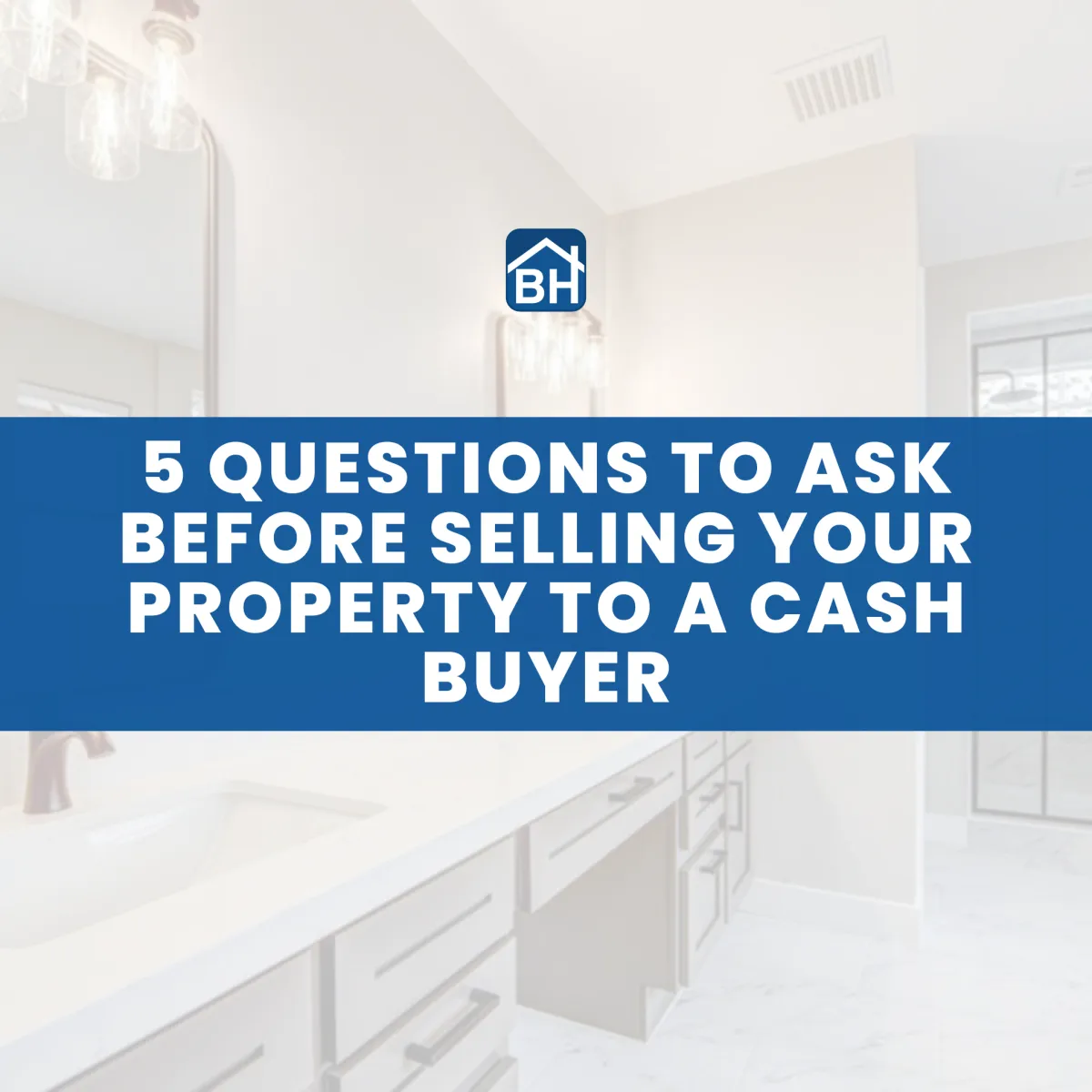Whether you’re a homeowner facing financial difficulties or a buyer looking for a real estate opportunity, understanding the differences between a short sale and foreclosure is crucial. Each scenario presents unique advantages and challenges. In this blog post, we will explore the key differences between a short sale and foreclosure, specifically in the context of Arizona.
What is a Foreclosure in Arizona?
In simple terms, a foreclosure occurs when a homeowner is unable to make mortgage payments, leading the lender to repossess the home. When you stop making house payments, the lender has the right to foreclose on your property in an attempt to recover the loan amount. This process typically involves the lender assuming ownership and possession of the property and eventually selling it through auctions or real estate agents. Foreclosure can have a severe impact on a borrower’s credit rating and make it challenging to obtain future mortgages.
Foreclosure processes can vary depending on the state you live in. It’s essential to familiarize yourself with the specific foreclosure process in Arizona. You can find more information on the foreclosure process on the HUD Government website.
What is a Short Sale?
In a short sale, the homeowner still owns the property. A short sale occurs when the proceeds from selling the property fall short of the balance of debts secured by liens against the property. The property owner, unable to repay the full amounts owed on the liens, seeks an agreement with the lien holders to release their lien on the real estate and accept less than the amount owed.
A short sale is an option agreed upon by borrowers and lenders in certain cases. It involves selling the home for less than the outstanding balance of the mortgage. The borrower may or may not still owe the unpaid balance, known as the deficiency.
Short Sale vs. Foreclosure – Understanding the Options
Both short sales and foreclosures have consequences, but a short sale often has a less severe impact on the borrower’s creditworthiness. A foreclosure can lower a credit score by 300 or more points, whereas a short sale may dent the credit score by around 100 points.
Additionally, borrowers who experience foreclosure may be ineligible to purchase another home with a traditional mortgage for 5-7 years. In contrast, under certain circumstances, a borrower who completes a short sale may be able to purchase immediately.
With many Americans still recovering from the 2008 crash, homeowners struggling to make mortgage payments face a difficult choice between foreclosure and a short sale. Sometimes, lenders are willing to work with borrowers to complete a short sale, avoiding the fees and time-consuming process of foreclosure.
Consider Your Options and Seek Expert Guidance
Our recommendation is to communicate with your lender and explore ways they can work with you on your loan. If you encounter issues with your lender, we offer a service where we can help guide you in the right direction. Reach out to us through our Contact page, and we’ll discuss your situation.
Attempting a short sale or exploring other programs your lender may offer, such as loan forgiveness or creating a more affordable monthly payment, can be viable options to get back on your feet.
If your bank isn’t willing to cooperate extensively, selling your house may be the best option. Working with a local real estate house buyer service like Basil Holdings allows you to sell your house fast for an all-cash offer. If you’re interested, we can assess your situation and make a fair offer within 24 hours. Simply fill out the form on our website.
Foreclosure should be a last resort. It can harm your credit, and you may still owe money to the bank even after the process concludes.
By understanding your options, you can potentially avoid significant damage to your credit score and position yourself for future homeownership when your situation improves. Foreclosure can make it extremely difficult to qualify for a new mortgage for 5-7 years, so if you have the opportunity, a short sale can be a more favorable choice.
In Summary – Short Sale vs. Foreclosure in Arizona
If you’re a homeowner in Arizona facing the possibility of foreclosure, you’re likely experiencing stress and uncertainty about your future. At Basil Holdings, we understand the overwhelming nature of this situation, and we’re here to help.
One of the most common questions we receive from homeowners facing foreclosure is: “What’s the difference between a short sale and foreclosure?” In this blog post, we’ve broken down the key differences and explained why a short sale may be a better option for you.
A short sale allows you to sell your property for less than the mortgage balance, with the lender’s approval. It helps you avoid foreclosure and its negative impact on your credit score. Short sales are popular in Arizona, allowing homeowners to walk away from the property without owing more money to the lender and potentially receiving relocation assistance.
On the other hand, foreclosure is a legal process where the lender takes possession of the property due to the homeowner’s failure to make mortgage payments. Foreclosure can severely impact credit scores and hinder future loan approvals. It is a lengthy judicial process in Arizona that requires the lender to file a lawsuit.
Choosing a short sale over foreclosure can minimize the impact on your credit score and finances. Short sales are typically faster and less expensive, enabling you to move forward with your life more swiftly.
If you’re facing foreclosure in Arizona, Basil Holdings specializes in helping homeowners avoid foreclosure through short sales. With our experience and expert guidance, we can navigate the process and achieve the best possible outcome for you.
Reach out to us today to learn more about how we can assist you in this challenging time. (602) 755-6994





